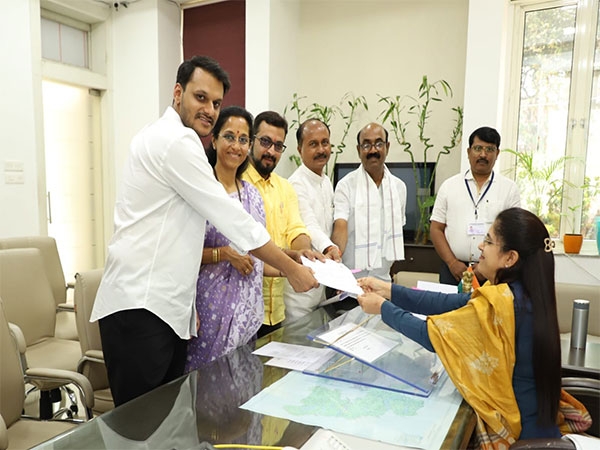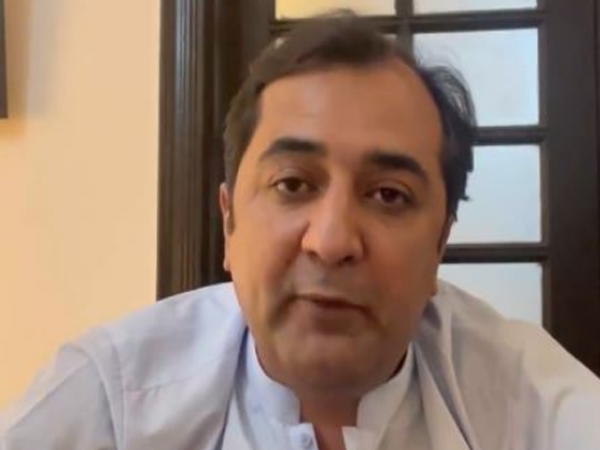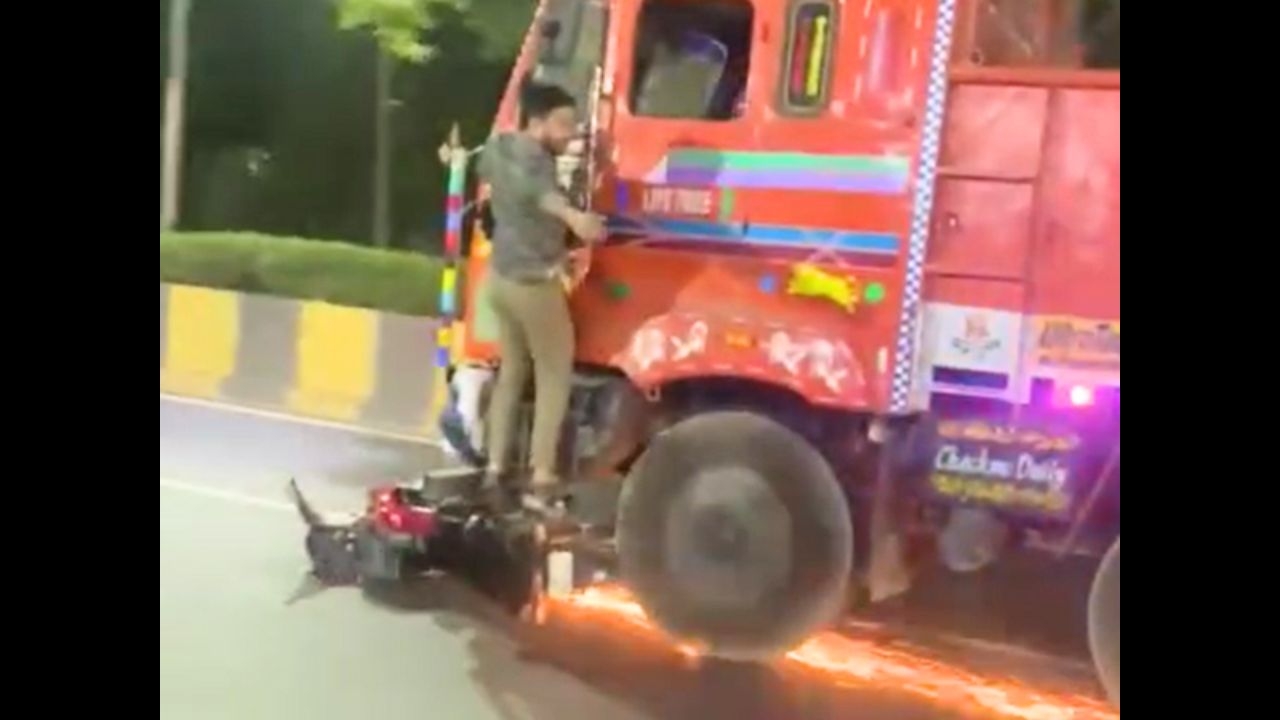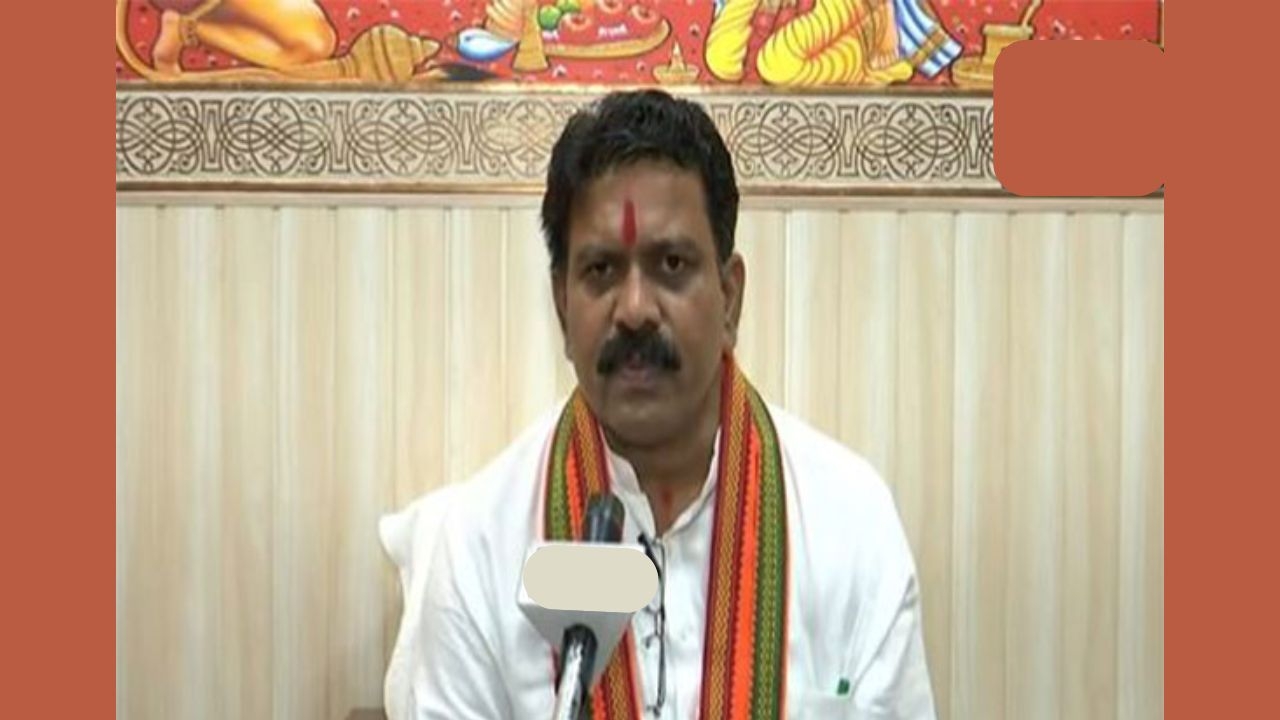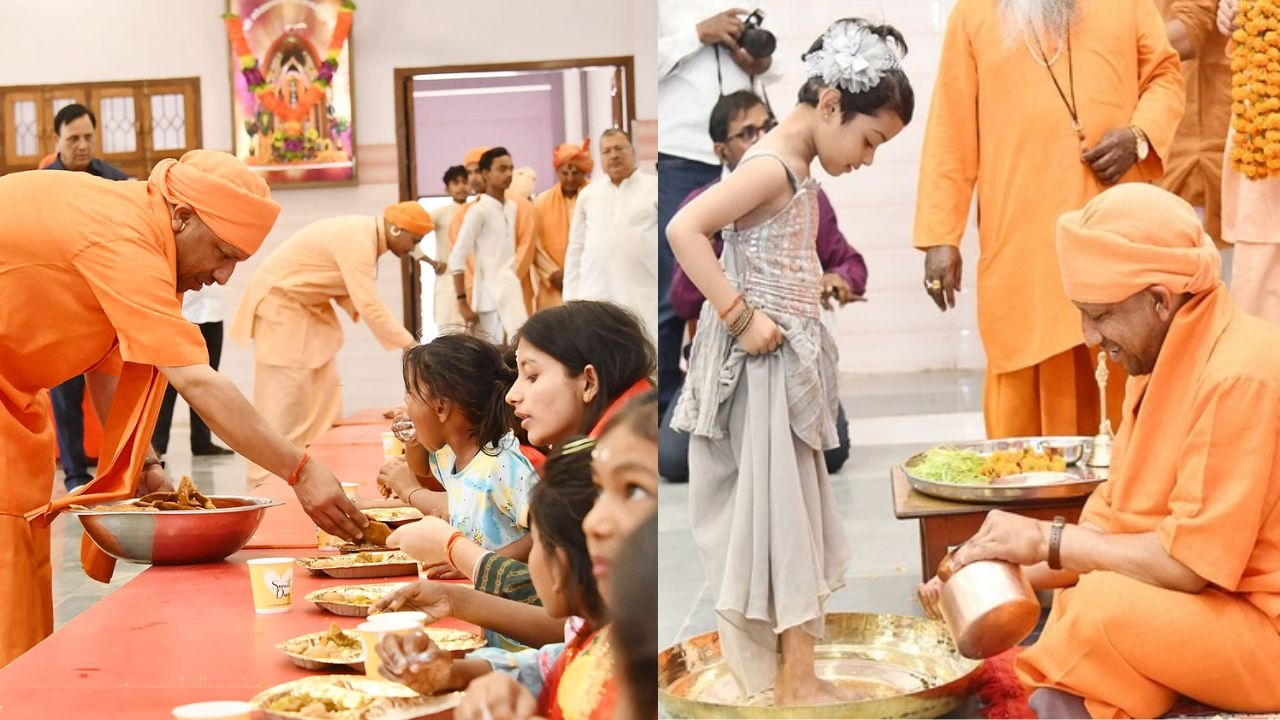Caught between two elections: why Nepal PM Deuba is stuck in a Catch 22 situation
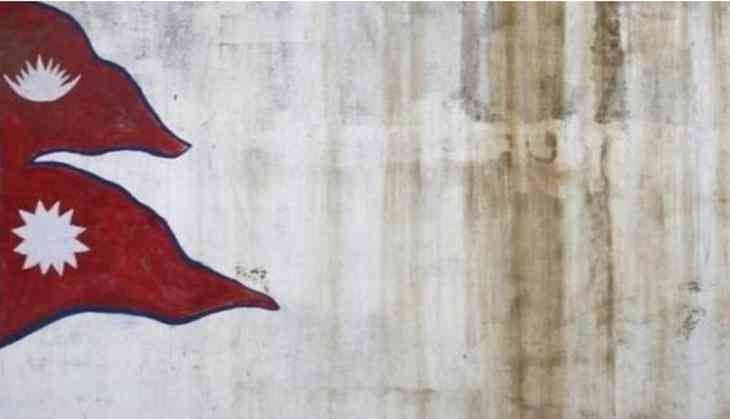
Nepal is at a crossroads of sorts at present. That Prime Minister Sher Bahadur Deuba’s talks with a key coalition of the Madhesi political parties did not throw up a solution for the current crisis Nepal is dealing with could lead to more violence in the Himalayan country.
More so, the troubled pre-election scenario in the all important Terai region is also a proving to be a challenge for the Deuba government.
No headway
Days after elections were postponed to September in Province 2, the Madhesi stronghold, Deuba met leaders of the Rastriya Janata Party-Nepal (RJP-N) at his residence yet again.
However, reports say there no headway was made in the talks with the Madhesi coalition, which wants the elections to be held only after the country's Constitution is amended.
Deuba was sworn in as prime minister for the fourth time recently, as part of the power-sharing deal after Pushpa Kamal Dahal Prachanda recently stepped down.
India's role
The state of limbo Nepal is in has put India in the dock too as it tries to protect its interest in the important neighbouring country in the shadow of an aggressive China, which is now trying to openly meddle in the Himalayan country’s politics.
Reports talk of how Madhesi youth feel that India has left them midway even as Indian mandarins seem to be divided on the need to pursue the Madhesi cause at the risk of upsetting the Kathmandu valley elite - a section of which is led by KP Sharma Oli’s ommunist Party of Nepal-Unified Marxist-Leninist (CPN-UML), which has already jumped the boat to the Chinese side.
Amid reports that India has dumped the Madhesi cause, Gopal Baglay, the spokesperson at the Ministry of External Affairs, on 16 June clarified that “inclusive constitution and consultation among stakeholders still remain pillars of our position“ and that India supports “the aspirations [of people] for an inclusive political order, inclusive Constitution, and consultations to arrive at provisions that will satisfy every section of the society”.
In the present situation, there isn't much that India can do. Pressing Madhesi political outfits to join the electoral process and push for their demands, work towards them from within the system is one option, but it is fraught with danger, explains a former diplomat.
According to him, if you compromise once - that too on the fundamental questions of citizenship, boundaries - there is a chance that the demands of the Madhesis will never get fulfilled.
Between a rock and a hard place
Deuba, who is expected to visit India after the local polls, is caught in a Catch 22 situation. Without amending the constitution, there cannot be proper provincial polls. More so, the amendments Deuba has promised require a two-third majority, which may be difficult to garner in the light of how the UML has been fanning the flames of ultra-nationalism in their opposition of the amendment.
Deuba has a hard task at hand to even hold all the three elections - local, provincial and parliamentary - by January. A former Indian diplomat said there was no chance Deuba could hold these elections in a proper manner. In fact, there is a chance that he would try to bulldoze his way through.
A divided lot
The Madhesi political leadership too is a divided lot with one section advocating participation in the elections, even as they face anger of the youth who want constitutional amendments to take care of their demands. Moreover, the number of Madhesi outfits have gone up to about 40, including those, who unlike RJP-N are in favour of the polls. Then there are secessionist leaders like CK Raut who advocate invalid polling.
A disunited Madhesi political leadership signals that Deuba will have enough space to force the local body polls.
After burning its fingers with Oli, India may want the Prachanda, Nepali Congress deal to continue. Elections are one way of doing it, but it will not solve the issue.
First published: 19 June 2017, 15:36 IST
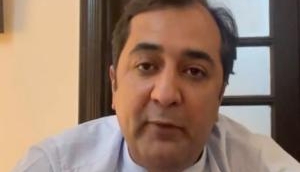
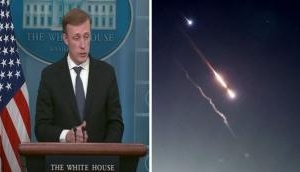
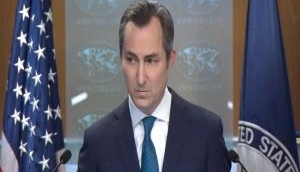
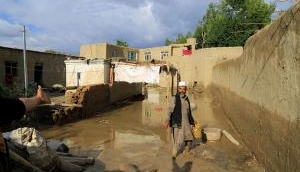
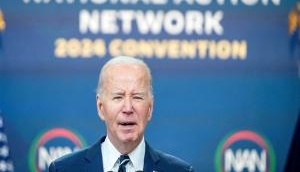
![BJP's Kapil Mishra recreates Shankar Mahadevan’s ‘Breathless’ song to highlight Delhi pollution [WATCH] BJP's Kapil Mishra recreates Shankar Mahadevan’s ‘Breathless’ song to highlight Delhi pollution [WATCH]](http://images.catchnews.com/upload/2022/11/03/kapil-mishra_240884_300x172.png)

![Anupam Kher shares pictures of his toned body on 67th birthday [MUST SEE] Anupam Kher shares pictures of his toned body on 67th birthday [MUST SEE]](http://images.catchnews.com/upload/2022/03/07/Anupam_kher_231145_300x172.jpg)


